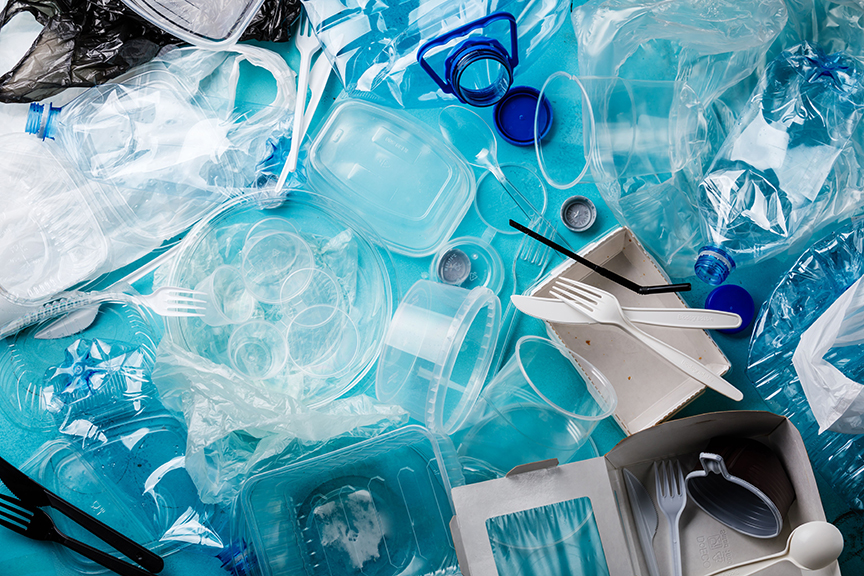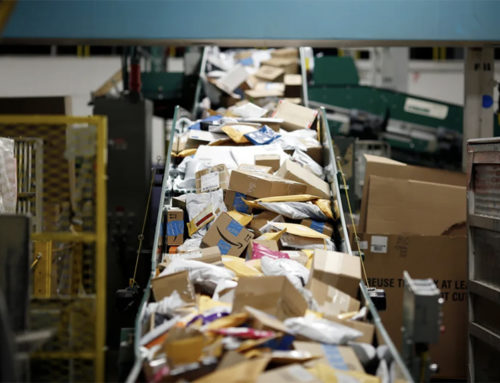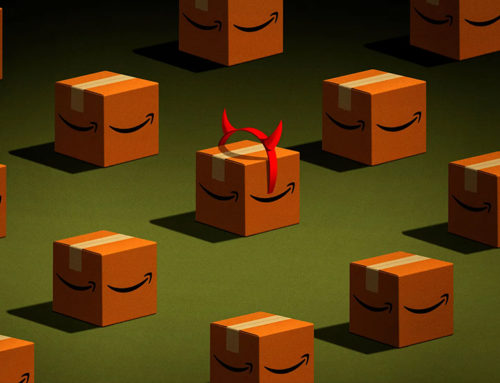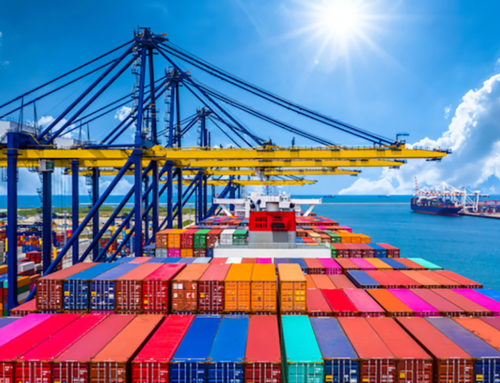A recent report by the shareholder advocacy group As You Sow and the consultancy Ubuntoo reveals a troubling reality: none of the 225 companies with over $1 billion in annual revenue are doing enough to reduce, reuse, and recycle plastics in their products. This finding on plastic reduction highlights the urgent need for substantial action from these corporations to combat plastic pollution.
Increasing Plastic Intensity
The 2024 Plastics Scorecard focuses on the need for plastic reduction, published on June 12, notes that plastic “intensity” — the amount of plastic used per dollar of sales — is rising. This trend underscores the growing plastic pollution crisis, which poses a significant risk to businesses. During the release of the scorecard, global leaders from 193 UN Member States were negotiating a treaty to end plastic pollution, emphasizing legally binding reduction, recyclability, and transition goals, while driving demand for reusable products. Over 200 businesses, investors, and NGOs have recognized plastic pollution as a severe threat and endorsed the negotiation of this ambitious global treaty.
Industry Performance
The report graded 225 companies across 15 industries on a scale from A to F based on their efforts to reduce plastic use, improve product recyclability, and reuse post-consumer plastic waste. Alarmingly, none received an A, with nearly half of the companies, 107 in total, receiving an F. “Every industry and every company can be doing more on plastics, and should be,” said Kelly McBee, As You Sow’s Circular Economy Manager. “We are not on track to take action against this growing threat.”
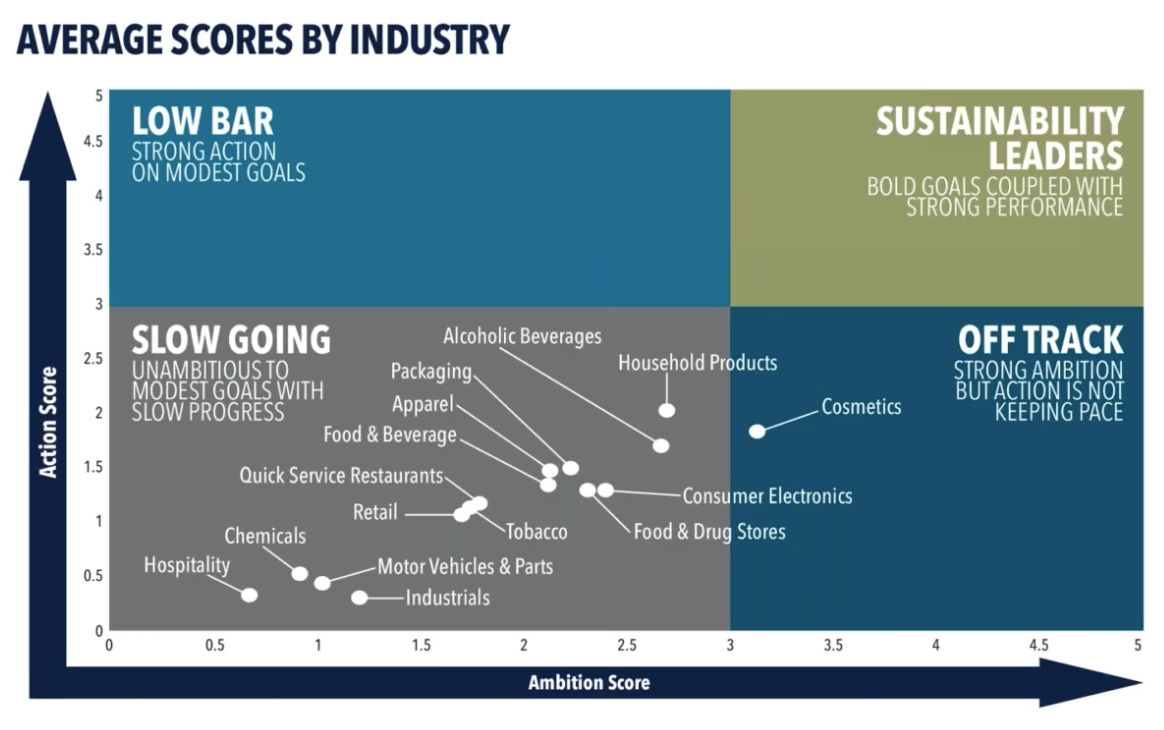
Top Performers
- Stella McCartney: Best overall with a B-plus.
- The Coca-Cola Co., H&M Group, SC Johnson, and Keurig Dr Pepper: Each received a solid B.
- 4% of companies: Earned a B-minus or better.
Notable Grades
- C Grades: Diageo, Starbucks Coffee Company, Natura & Co., Walmart, Nestle, and Colgate-Palmolive.
- D Grades: PepsiCo (D-plus), IKEA (D-minus), alongside PFAS makers 3M and Dow.
- F Grades: Amazon, General Mills, Macy’s, Campbell Soup Company, and Grupo Bimbo.
Steps Companies Must Take
- Recyclability
- Goal: Make products genuinely recyclable.
- Issue: Only 22 out of 147 companies are on track.
- Key Point: Recyclability must be defined in a way that allows significant consumer access to recycling facilities.
- Reduction
-
- Goal: Cut the total amount of plastic used, including virgin plastic.
- Observation: Companies with reduction goals scored higher.
- Recycled Content
-
- Goal: Increase the use of post-consumer recycled content.
- Finding: Beverage container deposit schemes improve recycled content availability.
- Recovery
-
- Ambition: Recover packaging from the environment.
- Reality: Only nine companies have committed to 100% recovery of post-consumer waste.
- Reuse
-
- Current State: 43 companies are piloting reusable packaging but haven’t integrated these practices broadly.
- Recommendation: Scale up reusable pilots to become permanent practices.
- Extended Producer Responsibility (EPR)
-
- Support: 73 companies have backed EPR laws.
- Urging: More businesses need to advocate for these laws to ensure companies take responsibility for post-consumer waste.
The 2024 Plastics Scorecard reveals a critical gap in the efforts of billion-dollar companies to address plastic pollution. With nearly half of the companies receiving failing grades, it is evident that significant changes are needed. Companies must prioritize genuine recyclability, reduce plastic usage, increase the use of recycled content, commit to recovery goals, expand reuse initiatives, and support extended producer responsibility laws. Only through comprehensive and committed action can we begin to mitigate the devastating impact of plastic pollution on our planet.
By taking these steps, corporations can play a pivotal role in curbing the plastic pollution crisis and moving towards a more sustainable future.

